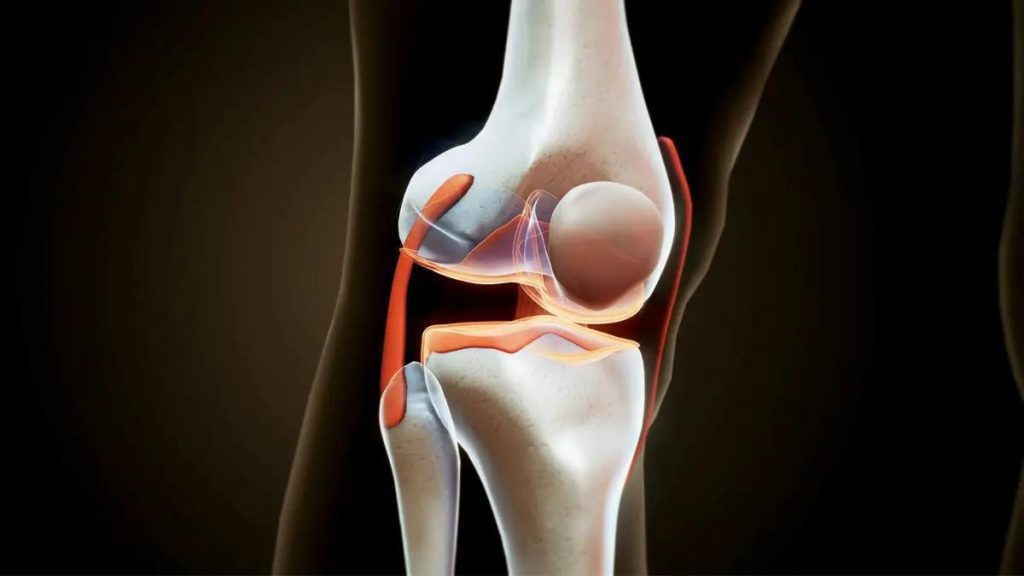- Eating less than 8 hours per day increases cardiovascular disease death by 91%.
- Increased risk is also seen in those with heart disease or cancer.
- Eating duration between 8-10 hours per day in cardiovascular disease patients 66% higher risk of death.
- Time-restricted eating doesn’t reduce overall death risk.
- Eating over 16 hours per day lowers cancer mortality risk in cancer patients.
A significant study analyzing over 20,000 U.S. adults has revealed that those adhering to a time-restricted eating plan—consuming all their meals within an 8-hour window—face a higher risk of dying from cardiovascular disease compared to individuals who spread their meals across 12-16 hours. This research, the American Heart Association’s Epidemiology and Prevention Lifestyle and Cardiometabolic Scientific Sessions 2024 in Chicago, challenges the perceived benefits of the popular dietary regimen known as time-restricted eating.
Time-restricted eating, a form of intermittent fasting that limits eating to a specific timeframe each day, has been touted for its ability to improve heart health and facilitate weight loss. Many proponents favor a 16:8 schedule, consuming food within an 8-hour period and fasting for the remaining 16 hours. Despite prior evidence suggesting improvements in blood pressure, glucose, and cholesterol levels from this diet, the long-term impacts, particularly regarding mortality, remained unexplored until now.
Senior study author Victor Wenze Zhong, Ph.D., from Shanghai Jiao Tong University School of Medicine, expressed surprise at the findings. The study contrasted dietary habits recorded in the 2003-2018 National Health and Nutrition Examination Surveys with mortality data up to December 2019 from the CDC’s National Death Index. Dr. Zhong indicated that while time-restricted eating has gained followers for its potential short-term health benefits, the new findings highlight a concerning link with increased cardiovascular death risk, underscoring the need for a personalized and cautious approach to dietary guidance, especially for those with existing heart conditions or cancer. The research advocates for aligning diet recommendations with individual health needs and the latest scientific evidence, cautioning against the assumption that time-restricted eating inherently leads to cardiovascular issues, but noting the important association discovered.
Does intermittent fasting increase risk of heart disease?
According to a study involving over 20,000 U.S. adults, those who practiced intermittent fasting by eating all their food within less than 8 hours a day showed a higher risk of dying from cardiovascular disease compared to people who spread their meals across 12-16 hours. This suggests that, in some cases, intermittent fasting could be associated with an increased risk of heart disease.
How does diet affect cardiovascular disease?
Diet significantly affects cardiovascular disease (CVD) in various ways:
1. Type of Foods Consumed: Eating foods high in saturated fats, trans fats, and cholesterol can raise blood cholesterol levels, thus increasing the risk of heart disease. On the other hand, foods rich in fiber, such as fruits, vegetables, and whole grains, can help lower cholesterol levels and protect against CVD.
2. Salt Intake: High salt (sodium) consumption is linked to increased blood pressure, a risk factor for CVD. Reducing salt intake can help manage blood pressure and decrease the risk of heart disease and stroke.
3. Sugar Intake: Excessive consumption of sugar, especially from sugary beverages, increases the risk of obesity and type 2 diabetes, which are risk factors for CVD.
4. Overall Eating Patterns: Diets like the Mediterranean diet, which is high in fruits, vegetables, nuts, whole grains, fish, and olive oil, have been associated with a lower risk of heart disease. In contrast, diets high in processed foods and low in nutrients can increase CVD risk.
5. Weight Management: An unhealthy diet can lead to weight gain, a risk factor for cardiovascular disease. Maintaining a healthy weight through a balanced diet is crucial for heart health.
In summary, a diet low in saturated fats, trans fats, salt, and added sugars but rich in whole foods like fruits, vegetables, whole grains, and healthy fats can significantly reduce the risk of developing cardiovascular diseases.









Thanks for sharing. I read many of your blog posts, cool, your blog is very good.
Thanks for sharing. I read many of your blog posts, cool, your blog is very good.
Your point of view caught my eye and was very interesting. Thanks. I have a question for you.